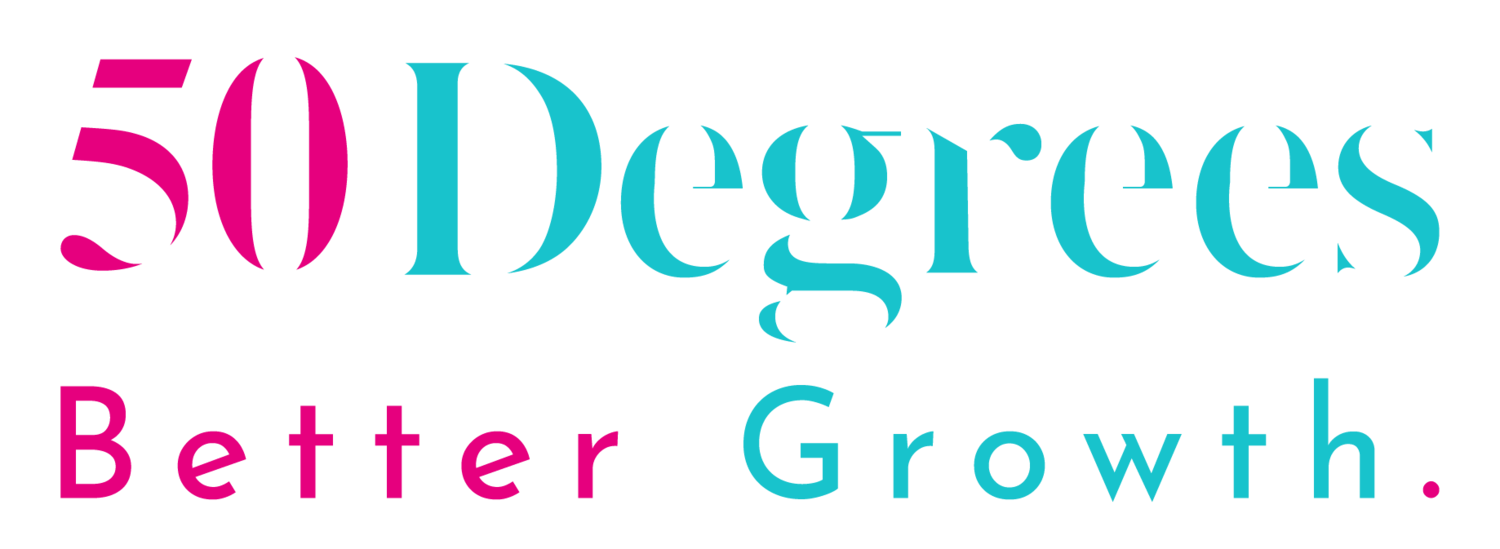You can’t know everything… well, at least not to start with
When I started writing bids as a graduate, I had no idea what I was doing, it was awful. Every time I was presented with a bid, I had this overwhelming feeling of not having a clue how I was going to complete it. I kept thinking to myself ‘in a year’s time you’ll know what you’re doing, and this will all be much easier’.
Fast forward 12 years and, to be completely honest, it still sometimes feels like I don’t know what I’m doing. When you’re presented with a new bid, in a new sector, for a new programme then it’s fair to say it can feel a little overwhelming.
The difference now, however, is that I can approach dealing with it in a much calmer way, as what I have perfected over the years is how to manage and write bids.
A large part of this process is about understanding the information you need from clients’ subject matter experts, the senior managers and operational leads that specialise in a specific business area e.g. HR, Digital, Customer Journey, Stakeholder Engagement.
It’s fair to say that this information is obtained in different ways and, yes, sometimes with varying degrees of success! Example scenarios include:
Very helpful experts who provide all the information you need, either via series of helpful workshops or through detailed notes and feedback. Lovely.
Experts who are extremely keen to help, but require a bit more ‘prodding’ to obtain the information you require for the bid (I always try and remind myself that they have a ‘day job’ to do, as well as answering all my questions). It’s essential here that you know which questions to ask (e.g. Who does this? How often? Where is this done? Do you have any evidence?). Being specific ensures they can maximise their time and keeps everyone on track.
Information is provided via a clients’ previous bid responses and solution design content, but not much else comes across in terms of context. Totally understandable. It just means it’s time to dig deep, use the tender specification to guide you and come up with some helpful insight, ideas, and assumptions to present to the client. This tends to get the ball rolling and between you the response will come.
There are no experts that can help you (e.g. the client might be bidding in a new or emerging market) and there’s no previous bid content or policies. So, you’re on your own right? Wrong. This is when I can talk to my fellow bid writers at 50 Degrees and ask ‘what are they really asking here, what do they want to see?’. Together we can reach into the depths of our brains, have a pace around the room, eat a biscuit… think… and then… my brain gives birth to a beautifully formed response on a question addressing the intricacies of Quality & Compliance. This is (among many other ways) how we add value for the client.
Now when I tackle a bid, I know the process I need to go through (i.e. reading and understanding the specification, storyboarding my response, gathering information from experts, drafting and re-drafting). So, I able to remain in a state of zen, no matter what is thrown at me, and trust me, a lot of weird bids are thrown at me.
Sarah Mohan
Managing Consultant
